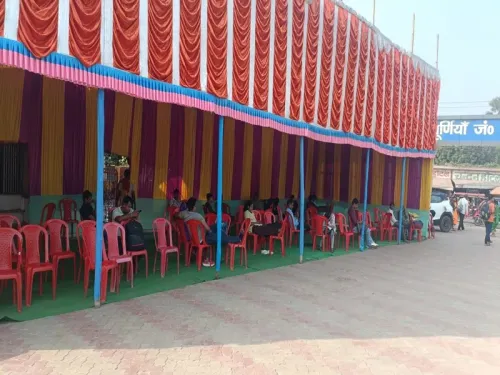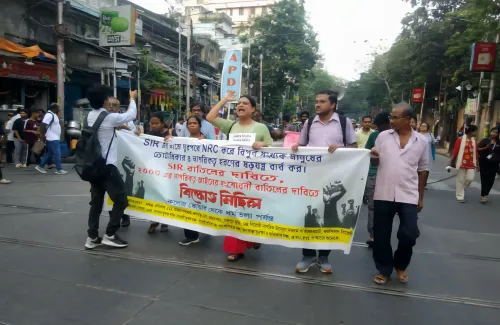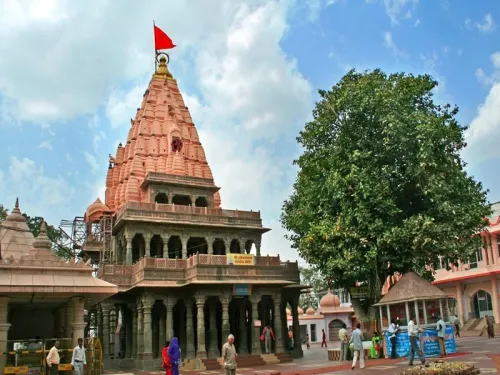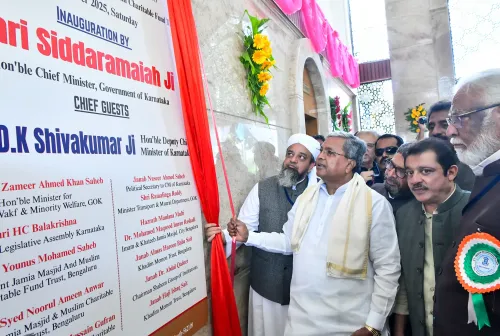When Will the Monsoon Session of Parliament Take Place?
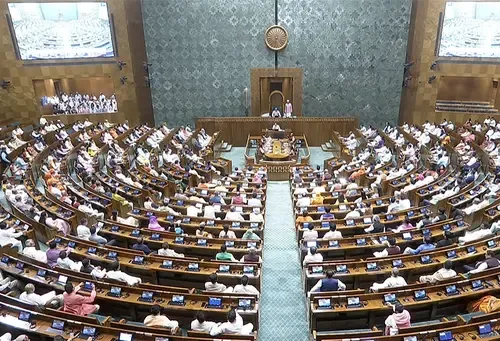
Synopsis
Key Takeaways
- The Monsoon Session starts on July 21 and ends on August 12.
- Both Lok Sabha and Rajya Sabha will meet at 11 a.m. on the first day.
- Heightened political tensions are expected due to the Opposition's demands.
- Key legislations from the previous session include the Waqf Amendment Bill.
- Focus on modern governance in managing waqf properties.
New Delhi, June 4 (NationPress) The Monsoon Session of Parliament is set to commence on July 21 and will wrap up on August 12, as announced by Union Parliamentary Affairs Minister Kiren Rijiju this Wednesday.
On the inaugural day, both the Lok Sabha and Rajya Sabha will gather at 11 a.m., marking the first parliamentary assembly in more than three months.
This session promises to be politically intense, particularly in light of escalating demands from the Opposition for a special session.
On Tuesday, sixteen opposition parties reached out to Prime Minister Narendra Modi, urging for an immediate session to address the recent Pahalgam terror attack and the subsequent Operation Sindoor, which targeted nine terror camps across the border in Pakistan and Pakistan-occupied Kashmir (PoK).
In reaction, the government has now formalized the schedule for the Monsoon Session, emphasizing that all concerns, including those brought forth by the Opposition, will be addressed during the upcoming sittings.
The earlier Budget Session, which took place from January 31 to April 4 in two phases, witnessed the passage of several significant legislations, including the Waqf Amendment Bill. This bill aims to enhance the management of waqf properties, empower stakeholders involved in their management, and improve the efficiency of surveys, registrations, and case processing, alongside the development of waqf properties.
While its core focus remains on the management of waqf properties, the initiative strives to adopt modern and scientific approaches for improved governance. Notably, the Mussalman Wakf Act, 1923 was also repealed.
In addition to the Waqf Amendment Bill, the government also approved the 'Tribhuvan' Sahkari University Bill, 2025, aimed at creating the 'Tribhuvan' Sahkari University to offer education, training, and capacity building in the cooperative sector while engaging in research and development activities in relevant fields.
The Immigration and Foreigners Bill, 2025 was also passed to streamline the laws regarding the need for passports or other travel documents for individuals entering and exiting India, as well as to regulate matters concerning foreigners, including visa and registration requirements.

